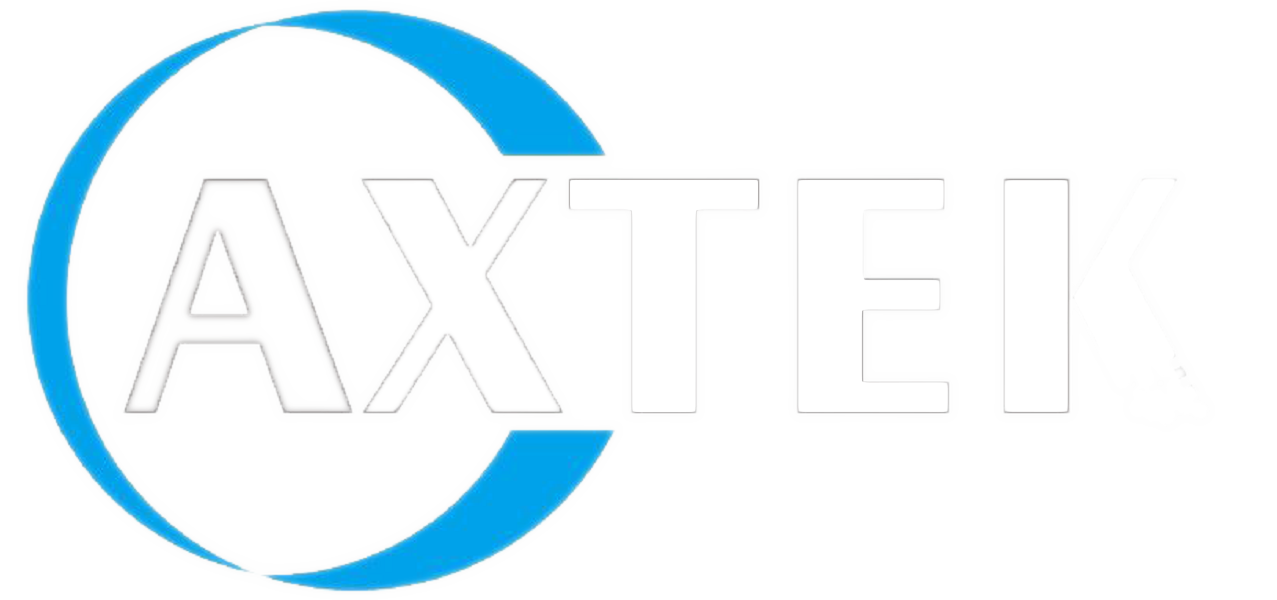As component availability and product demands evolve, transitioning between different versions of MCUs becomes essential. In the HOLTEK BS series, many developers face the decision to migrate from A version to C or CA versions, or even to OTP versions for cost or power optimization. This article summarizes the key differences and practical considerations when planning such transitions.
AXTEK, as an official HOLTEK solution partner with 14 years of industry experience, offers technical support, stable inventory, and delivery scheduling services to ensure smooth and efficient migration for your product development.
1. Standard Chip Migration: A → C/CA/OTP
A Version to C Version
Feasibility: Direct replacement is generally possible.
Considerations:
Ensure PCB compatibility (check EMI, layout adjustments).
C version offers higher ADC sampling precision.
If the host MCU supports software parameter tuning, compatibility is easily achieved.
A/C Version to OTP Version
Not directly replaceable, especially in high-reliability or data-sensitive applications.
2. MCU Migration: A/C → C/CA/OTP
A/C Version to C/CA Version
Generally feasible, with some case-specific adjustments.
Key Focus Areas:
PCB redesign: resistor values, trace layout, grounding.
CS/EMI compatibility.
Check RAM Bank 0 usage; exceeding 128 may impact ROM space.
Conclusion: Same package and pinout allows seamless replacement if software can be tuned accordingly.
A/C Version to OTP Version
Conditionally feasible, but requires thorough evaluation.
On-board programming may introduce high voltage stress, especially on PA7 pin.
OTP lacks EEPROM and may not have SOP packaging (special request may be required).
Software is not directly compatible, particularly for advanced touch applications (e.g., 1-to-8 touch channels).
Applications:
Suitable for low-power, basic touch applications.
Not recommended for AC-powered systems or applications requiring EEPROM storage.
3. General Migration Advice
MCU version changes may require firmware and hardware re-integration — not just a simple chip swap.
For A/C to OTP, pay extra attention to PCB power layout, especially in AC-powered systems.
Pin compatibility must be double-checked for every migration scenario.
Migration should be guided by technical support teams to ensure success in evaluation, debugging, and final implementation.
Final Thoughts
Migrating from A to C/CA or OTP versions in the HOLTEK BS series can unlock advantages in performance, cost-efficiency, and power optimization — but only when done with careful planning and engineering insight.
AXTEK, as your trusted HOLTEK solution partner, is ready to assist OEM/ODM/EMS customers with:
Professional evaluation and migration strategy
Firmware porting and hardware design support
Component supply and lead time assurance
Need support on BS series chip transitions? Contact AXTEK for expert assistance and a seamless migration experience.


 MCU Solutions
MCU Solutions PCBA Solutions
PCBA Solutions Bluetooth Solutions
Bluetooth Solutions
 FAQ
FAQ Contact Us
Contact Us
 Company News
Company News Technology News
Technology News Industry News
Industry News PCBA News
PCBA News
 Company Profile
Company Profile Certificates
Certificates Terms & Conditions
Terms & Conditions Privacy Statement
Privacy Statement
 Home Appliances
Home Appliances Beauty Appliances
Beauty Appliances Lighting
Lighting Kid's Toys
Kid's Toys Security Alarm
Security Alarm Health Care
Health Care


 More information?
More information?






